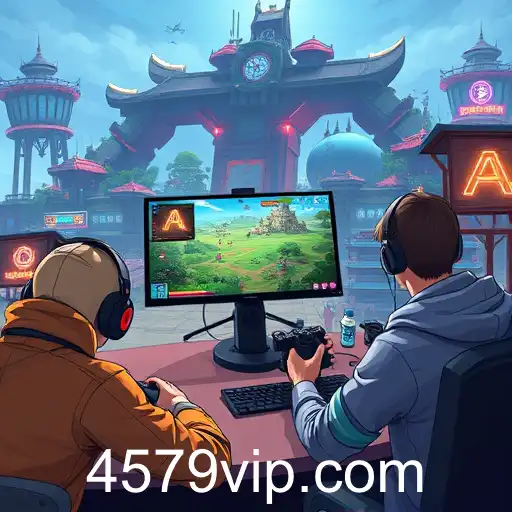
The online gaming industry has witnessed a profound transformation in recent years, reflecting advancements in technology and changing consumer preferences. A notable development in this space is the rise of dedicated game websites like 4579.com, which have captivated global audiences by offering a diverse array of games and a dynamic user experience.
4579.com stands as a testament to the evolution of online gaming platforms. By integrating cutting-edge technology, it provides users with seamless gameplay and vibrant graphics, pushing the boundaries of what digital entertainment can offer. As of 2025, platforms like 4579.com are not just about games but about creating virtual communities and shared experiences.
The significance of these platforms lies not only in their gaming content but also in their role in tech innovation. They have become incubators of next-gen technological advancements. From augmented reality (AR) and virtual reality (VR) innovations to improved AI-driven in-game experiences, gaming websites like 4579.com are at the forefront of digital evolution.
Furthermore, the dynamics within these platforms reflect broader societal trends. The online gaming community, driven by platforms like 4579.com, is robust and diverse, providing a space for social interaction, cooperation, and even competition on a global scale. This reflects a sociocultural shift towards digital meeting places, where geographical boundaries become irrelevant and collaboration is key.
Reports indicate that by 2025, the online gaming sector is expected to contribute significantly to the digital economy, reinforcing the need for adaptive strategies to enhance user engagement and retention. Platforms must continuously innovate, not only in terms of game offerings but also in delivering exceptional customer experiences.
As the industry's dynamics evolve, platforms like 4579.com are poised to set new benchmarks, not just in gaming but in digital interaction and technological innovation. They are a strong indication of how entertainment is being redefined in the modern era, setting the stage for future advancements that could redefine how we perceive digital interaction.


